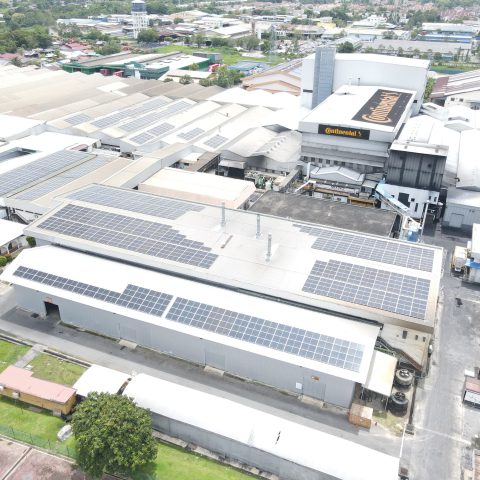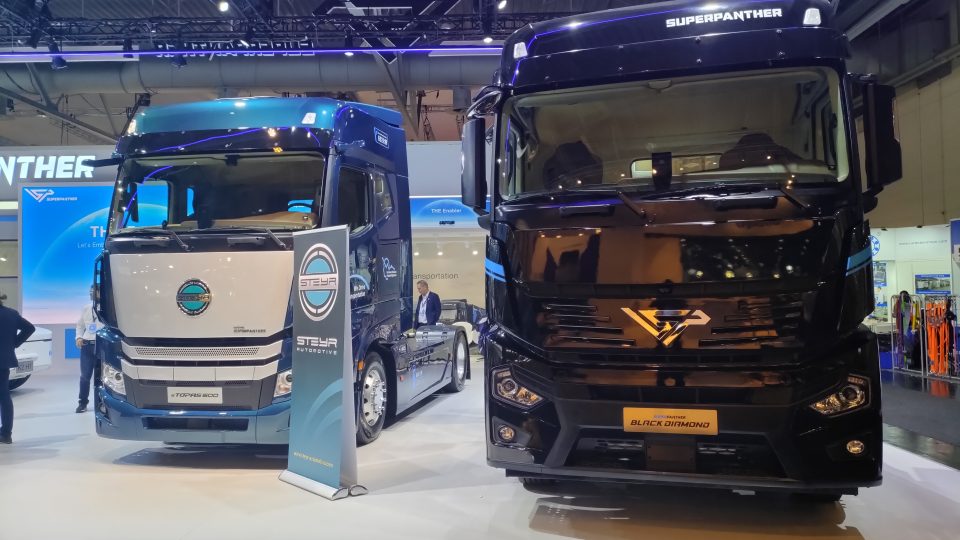Sustainability, how Continental is managing to reduce energy requirement in tire production
“We are generating more and more of our own electricity thanks to the massive expansion of photovoltaic systems. At the same time, we are driving a wide range of projects to make our operations even more energy efficient. In 2023, for example, we have saved a total of 150 gigawatt hours of energy. Each of our tire plants is working on individual and company-wide solutions to achieve climate-neutral production by 2040 at the latest,” said Bernhard Trilken, Head of Manufacturing and Logistics at Continental Tires.

Continental Tires managed to reduce its annual energy requirements by around 150 gigawatt hours in 2023. This was achieved, for example, through the increased use of renewable energies and thermal insulation.
“We are generating more and more of our own electricity thanks to the massive expansion of photovoltaic systems. At the same time, we are driving a wide range of projects to make our operations even more energy efficient. In 2023, for example, we have saved a total of 150 gigawatt hours of energy. Each of our tire plants is working on individual and company-wide solutions to achieve climate-neutral production by 2040 at the latest,” said Bernhard Trilken, Head of Manufacturing and Logistics at Continental Tires.
With its global energy-saving projects, Continental is actively taking responsibility for its carbon footprint. This has been confirmed for the sixth time in a row by the international non-profit organization CDP (previously known as the Carbon Disclosure Project). For its efforts in the past year, the CDP has included Continental in what is known as the Climate A List 2023. Last year, the company achieved the grade “A-” in the area of climate protection.
Continental is actively working on sustainability
Last year, Continental Tires achieved a total newly installed photovoltaic capacity of 26.2 megawatts peak. This will enable Continental to generate up to 27.9 gigawatt hours of additional green electricity per year. The facilities at Continental’s tire plants in Hefei (China), Rayong (Thailand), Hanover (Germany), Korbach (Germany) and Lousado (Portugal) were expanded. A new installation was built in Alor Setar (Malaysia). Additional energy savings were achieved by installing insulation that reduces heat losses to the atmosphere.
Continental is also reducing its electricity consumption by converting to LED lighting. In all of the company’s tire plants, all conventional light sources and safety lighting, such as emergency exit lighting, are gradually being converted to energy-saving LED technology.
The ambition of Continental Tires by 2030 is to reduce its energy consumption by 20 percent versus 2018. Continental is aiming to achieve climate-neutral production by 2040 at the latest.

















